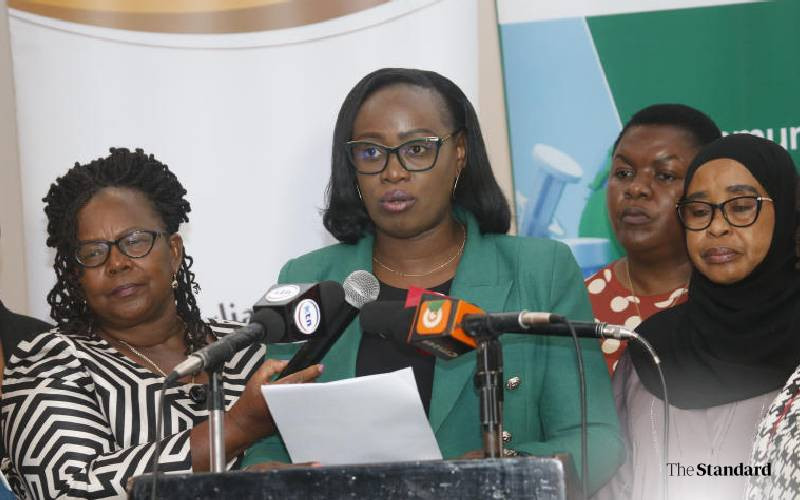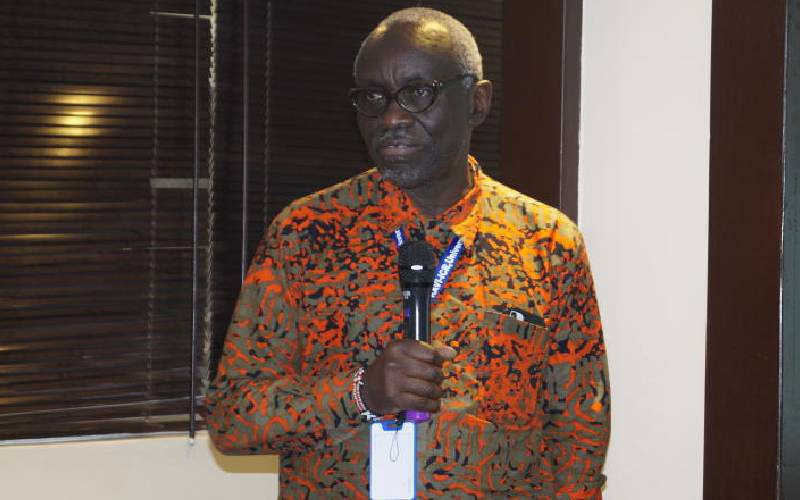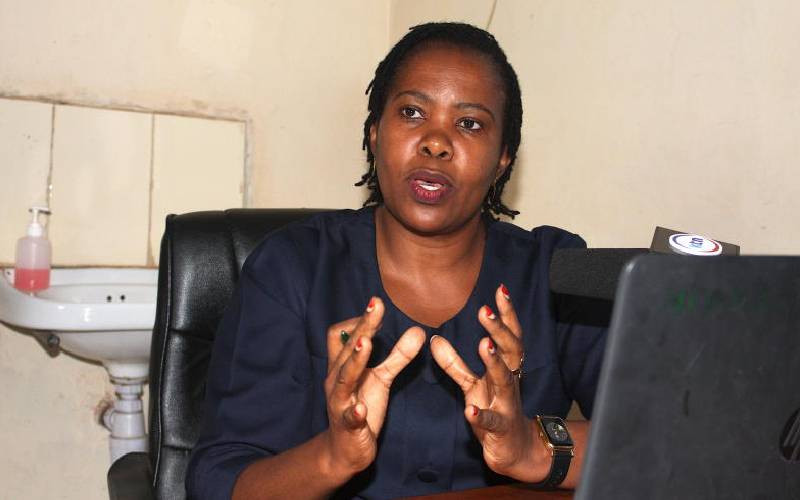
Students and parents in public universities now have a chance to influence appeals for student funding under the new funding model.
The Higher Education Loans Board (HELB) and the Universities Fund (UF) have invited the public to participate in reviewing a proposed scholarship and loan appeals mechanism for the disputed funding model.
This follows a Court of Appeal directive issued on March 26, 2025, requiring the two state agencies to ensure compliance within 14 days.
The appeals mechanism aims to give students a second chance to review the government funding they receive under the Variable Scholarship Loan Funding Model.
Previously, the model considered students’ economic status and family background.
In a joint statement, HELB and UF announced efforts to amend the appeals process under the new funding model to address scholarship complaints. Students have until April 4th at 5PM to submit complaints.
The decision follows a Court of Appeal stay order on implementing the new funding model. The court directed HELB and UF to establish and publicize appeals mechanisms for students dissatisfied with their allocations.
According to a statement by HELB CEO Geoffrey Monari and UF acting CEO Edwin Wanyonyi, the expedited public participation exercise aligns with Article 10 of the Constitution.
Currently, HELB appeals are assessed in relation to the Means Testing Instrument (MTI) score from the initial loan application. Only new details that were not previously submitted can impact the reassessment.
“New and substantiated information provided by the student during the appeal process may result in an additional score adjustment if it affects the overall assessment of need,” a notice by HELB reads.
Among the key appeal reasons considered are cases where students have lost a single parent or both parents, have unavailable parents due to abandonment, or belong to families suffering from chronic medical conditions.
Students with disabilities, those under government cash transfer programs, or those who received social protection support may also qualify for reconsideration.
Other critical factors include loss of parental income, sponsorship in primary or secondary school, and having another sibling in higher education applying for funding.
“This ensures that appeals are processed fairly and transparently, reflecting only new or previously unconsidered details in the scoring,” a document by HELB reads.
Students seeking to appeal their loan allocation are advised to provide concrete evidence supporting their claims to increase their chances of getting additional financial aid.
The public participation will be conducted in two institutions in each region and will entail physical public engagements to receive comments and memoranda on the appeals mechanism.





